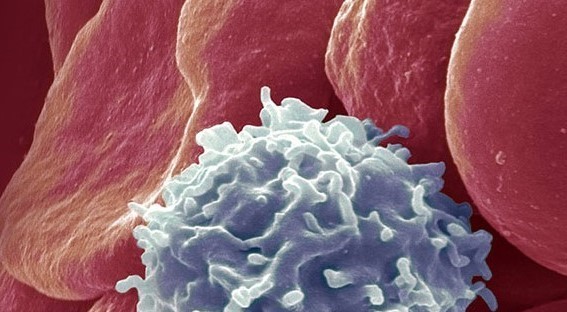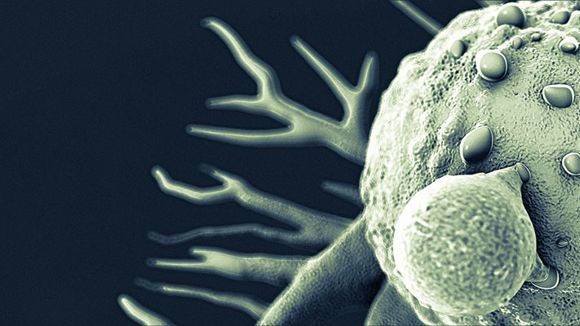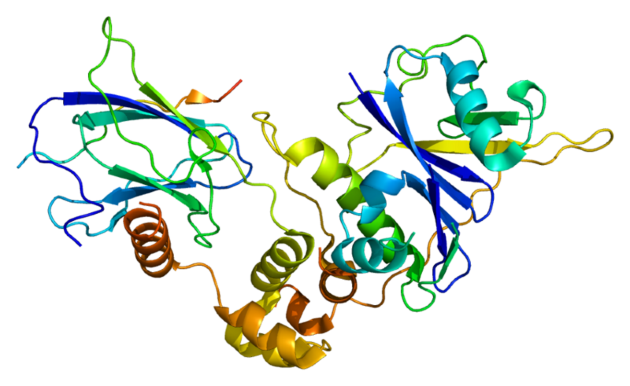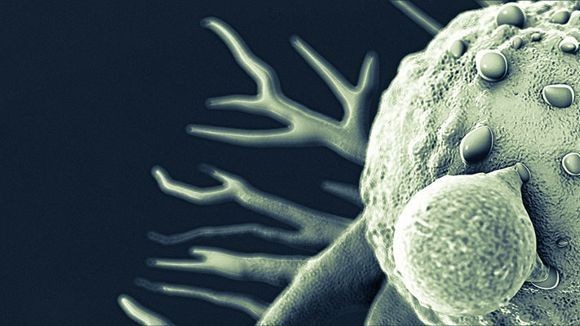Collection |
Collections
Filters
-
Collection Type
-
-
Collection |
 Epigenetics in Cancer
Epigenetics in Cancer
The last few years has seen growing interest in the function of epigenetics in cancer initiation and progression. A growing volume of work now underpins our understanding of the role of these non-genetic modifications in the molecular biology of disease initiation and metastatic spread, and how modulating the cell’s epigenetics may be used as a therapeutic strategy. This collection of articles picked by the Editors from Leukemia, Oncogene, the British Journal of Cancer and Blood Cancer Journal, provides you with a snapshot of current epigenetic research in both haematological and solid cancers.
Image: Sergey Nivens / stock.adobe.com -
Collection |
 The best in Hematology
The best in Hematology
To mark the 2019 American Society for Hematology meeting, we are pleased to present some most cited, shared and viewed articles from our academic journals on nature.com
-
Collection |
 Regional Focus - Asia
Regional Focus - Asia
Growth in research coming from Asia, specifically China, over recent years has been pronounced. China has now surpassed the US in terms of global publications output and is challenging the US and Europe in terms of R&D investment. Not only has the volume of research increased but the quality of research has also improved with the volume of citations increasing and a greater percentage of top cited authors now coming from this region. This collection showcases a selection of top cited articles published in Oncogene from authors hailing from this region.
-
Collection |
 2019 Nobel Prize in Physiology or Medicine: Celebrating the Winners
2019 Nobel Prize in Physiology or Medicine: Celebrating the Winners
The 2019 Nobel Prize in Physiology or Medicine was jointly awarded to William G. Kaelin Jr, Sir Peter J. Ratcliffe and Gregg L. Semenza “for their discoveries of how cells sense and adapt to oxygen availability”. Collectively, their research led to an understanding of the elegant mechanism cells use to respond to changes in oxygen levels, a fundamental process that underpins normal physiologic functioning and plays a critical role in several diseases, including cancer. Via a combination of oxygen-dependant targeted destruction of the Hypoxia Inducible Factor and modulation of gene expression, cells are equipped to survive in a fluctuating environment. This pioneering research helped pave the way towards a plethora of medications that target this pathway. In celebration of their success, we have featured some of their articles in this collection, which includes content from Oncogene, British Journal of Cancer, Pediatric Research, Gene Therapy, Cell Death and Disease, and the Journal of Human Hypertension.
Image: Emw [CC BY-SA 3.0 (https://creativecommons.org/licenses/by-sa/3.0)]

 Readers Choice: The best of Oncogene 2020
Readers Choice: The best of Oncogene 2020